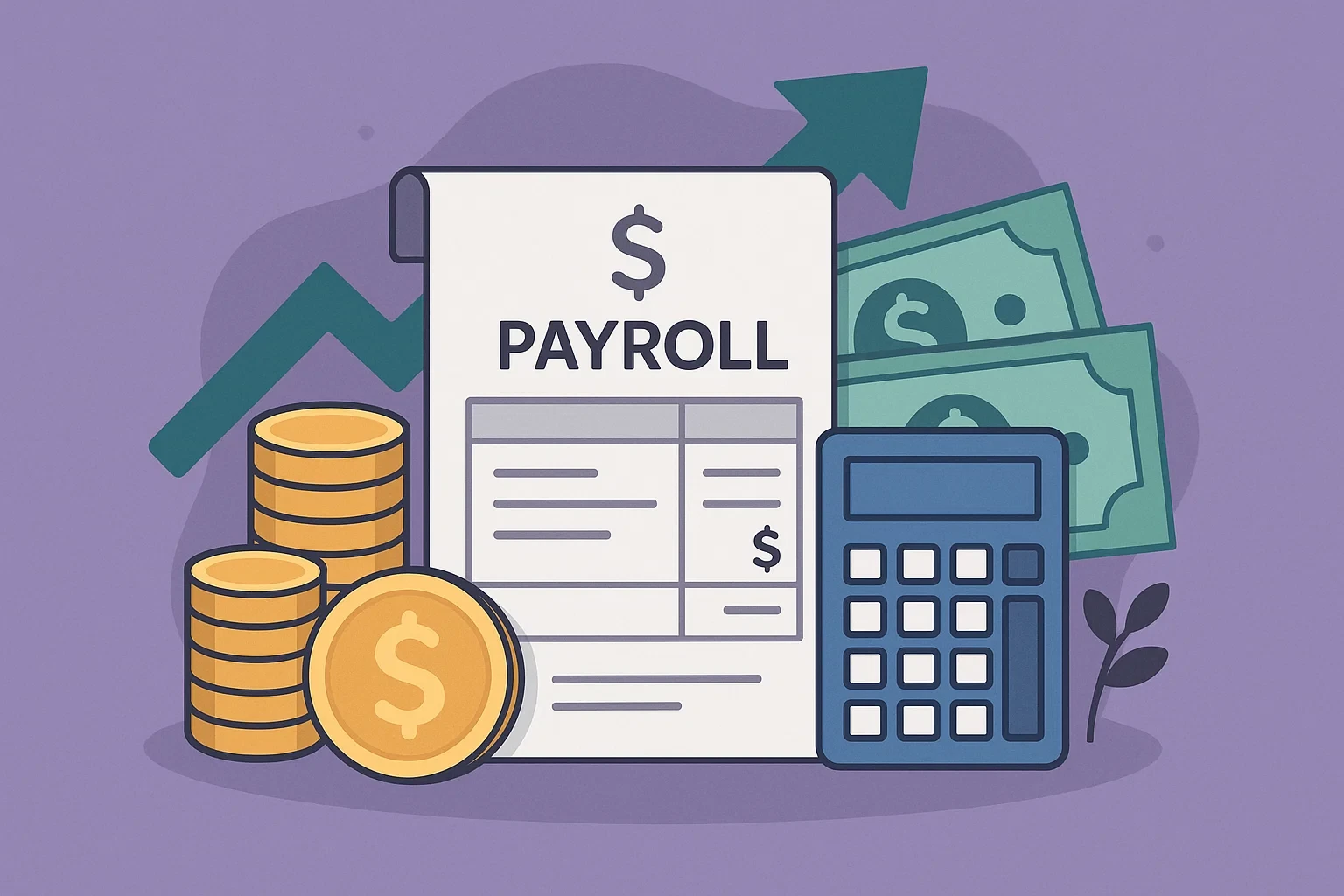In today’s rapidly changing business environment, businesses face unique challenges in keeping up with technological advancements, especially in HR and payroll systems. A critical trend is the transformation of payroll technology, which has a far-reaching impact on both employee engagement and financial well-being. The growing complexity of payroll systems has inadvertently widened the gap in employees’ understanding of their compensation, contributing to increased financial stress, which affects workplace productivity. Understanding this trend is crucial for HR leaders aiming to foster transparency and improve the financial literacy of their workforce to enhance engagement.
Current Landscape of Payroll Technology
Growth Trends and Adoption Statistics
The evolution of payroll technology is evident in the rising adoption rates among organizations. Recent studies reveal a significant increase in the utilization of digital payroll systems, with a notable uptake in innovative solutions designed to streamline financial operations. Companies are increasingly investing in advanced payroll technologies to fulfill their operational needs and improve efficiency. A report published by Deel highlights this shift, showing that the integration of technology is essential in addressing modern payroll challenges.
Real-World Applications and Innovations
Companies successfully implementing advanced payroll systems illustrate the practical benefits of these technologies. For instance, organizations employing automated payroll have achieved greater accuracy and time savings, revolutionizing traditional payroll processes. Innovative products, such as seamless integration platforms and AI-powered payroll tools, are now transforming how businesses manage and execute payroll operations. These solutions are not only enhancing the accuracy of payroll calculations but also increasing overall transparency within the organization.
Expert Insights on Payroll Technology Transformation
Gathering expert insights offers valuable perspectives on the ongoing transformation. Industry experts emphasize that while technology adoption presents numerous opportunities, it also carries specific challenges. The lack of clarity in payroll deductions and the complexity of paycheck structures are cited as hurdles that require attention. These issues are prevalent, especially among younger generations like Gen Z and Millennials, who often display less understanding of payroll nuances despite being tech-savvy. The transformation of payroll technology necessitates changes in HR strategies, focusing on bridging the understanding gap and improving financial literacy. Experts assert that providing straightforward payroll information and offering educational resources is paramount. Furthermore, integrating financial literacy training into employee development programs stands as a critical step toward empowering employees to comprehend their financial information better, ultimately fostering greater engagement.
The Future of Payroll Technology
As organizations continue to adapt, the future of payroll technology promises further enhancements and challenges. Future developments are expected to bring increased efficiency and transparency, enabling more effective management of pay processes. However, concerns regarding data privacy and security arise, necessitating robust measures to safeguard sensitive payroll information. Industries that successfully navigate these challenges will see substantial improvements in employee satisfaction and performance, with growth opportunities arising from streamlined payroll operations.
Analyzing the implications across various sectors, it becomes clear that payroll technology will continue to shape business environments. Companies must proactively prepare for potential obstacles, such as regulatory changes and technological disruptions, to fully leverage the advantages brought by payroll innovations.
Conclusion
The transformation of payroll technology marks a significant trend reshaping modern human resources management. Throughout this analysis, the emphasis has been placed on the increasing importance of addressing the understanding gap between employees and their paychecks. In light of this evolution, HR leaders are urged to act by prioritizing payroll transparency and education, using innovative technologies to enhance workforce management. Future-focused practices, such as integrating financial literacy in training programs, are seen as crucial for maintaining engagement in rapidly advancing work environments. By acknowledging and adapting to these changes, organizations will gain a competitive edge and improve overall employee satisfaction, setting the stage for a more financially literate and engaged workforce.

